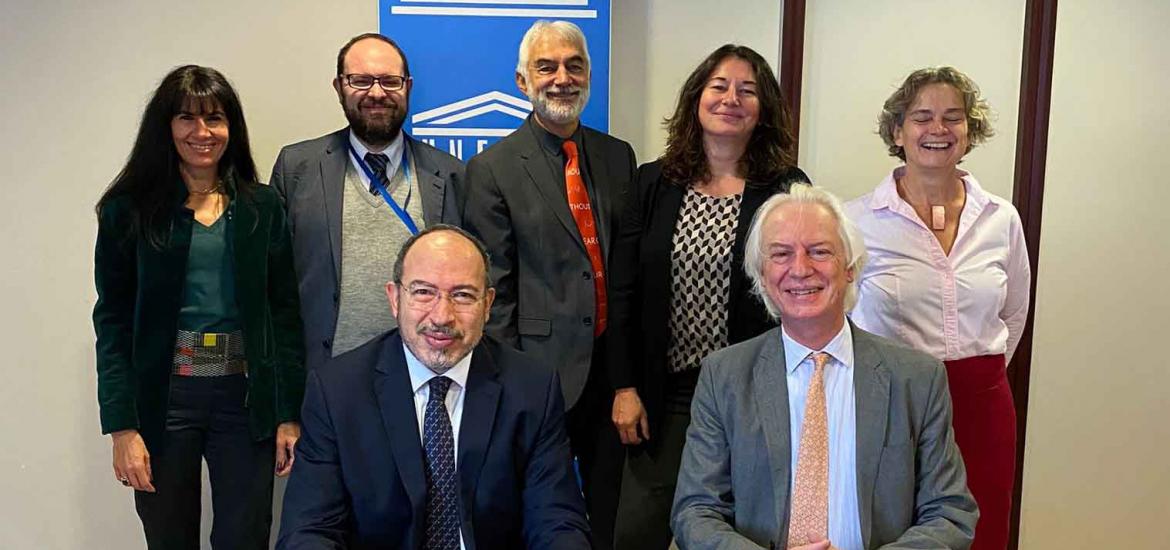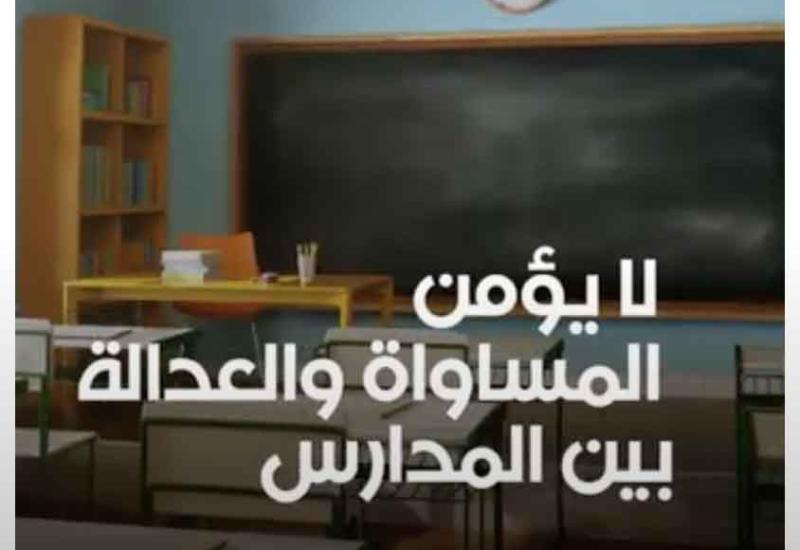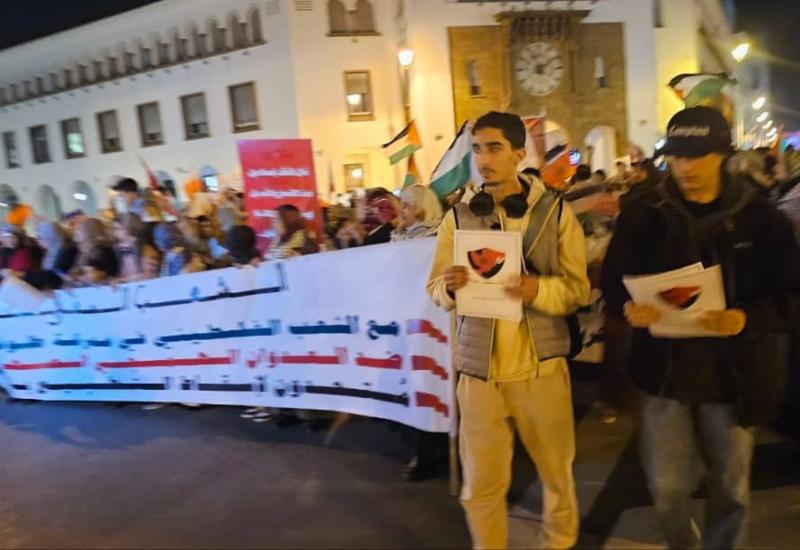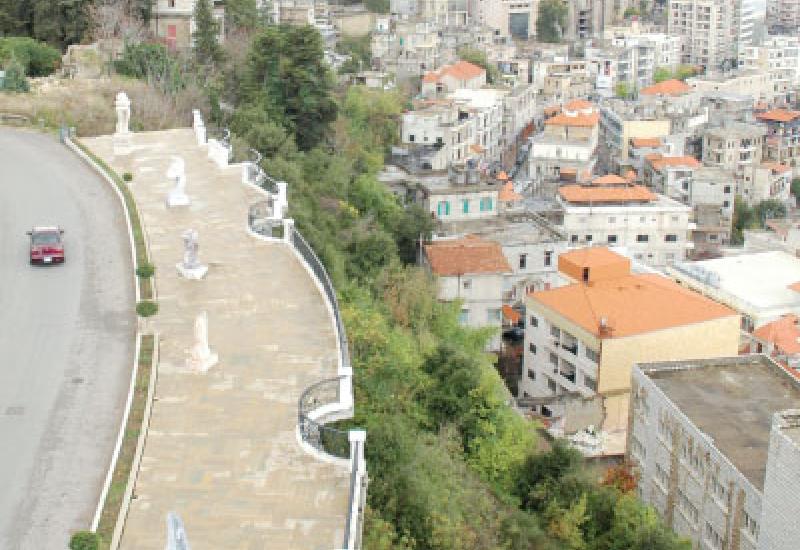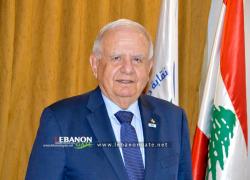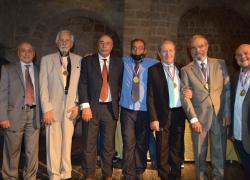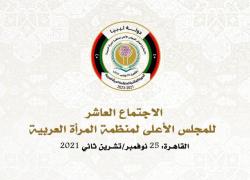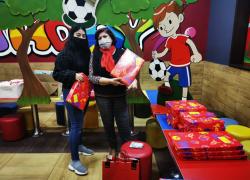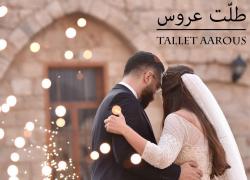هولندا تنضمّ إلى مبادرة اليونسكو "لبيروت" لدعم وسائل الإعلام في الانتخابات اللبنانية المقبلة
بيروت، 26 تشرين الثاني (نوفمبر) 2021 - وقّعت الحكومة الهولندية واليونسكو اليوم اتفاقية تمويل لدعم وسائل الإعلام للانتخابات البرلمانية المقبلة في لبنان، في إطار مبادرة اليونسكو الرائدة "لبيروت". وقد وقّع هانس وسلينج، السفير والممثل الدائم لهولندا لدى اليونسكو، وتوفيق الجلاصي، مساعد المديرة العامة للاتصال والمعلومات في اليونسكو، الاتفاقية صباح اليوم في مقر اليونسكو في باريس.
استجابة للدعوة إلى دعم مبادرة "لبيروت"، ستقّدم هولندا دعمًا أساسيًا لوسائل الإعلام اللبنانية، لضمان وصول الناخبين اللبنانيين إلى المعلومات الموثوقة بأكثر الطرق موضوعية وحيادية ودقة، استعدادًا للانتخابات التشريعية المقررة حاليًا في آذار (مارس) 2022. بناءً على خبرة اليونسكو التي تمتدّ على مدى عقدين من الزمن في تطوير قدرات قطاعات الإعلام خلال الانتخابات، سيدعم هذا المشروع انتخابات حرة وتعددية ونزيهة في لبنان، في أوقات التوتر السياسي والأزمات الاقتصادية والصحية والمعلومات المضللة، من خلال تعزيز حرية التعبير، بما في ذلك حرية الصحافة ووصول الجمهور إلى المعلومات.
وستخصّص اليونسكو هذه الأموال خلال الأشهر القليلة المقبلة لتعزيز قدرات ومعرفة الجهات الفاعلة الرئيسية المشاركة في الانتخابات، وفقًا للمعايير الدولية وأفضل الممارسات من خلال سلسلة من الأنشطة. وسيشمل ذلك تنمية قدرات قوات الأمن في مجال حرية التعبير وسلامة الصحفيين، ودورات تدريبية للصحفيين لمعالجة مواضيع المعلومات المضللة، وخطاب الكراهية، والتقارير الحساسة في فترات النزاع والحفاظ على السلامة، مع التركيز بشكل خاص على التحديات التي تواجهها الصحفيات. بالإضافة إلى ذلك، سيسمح المشروع بتطوير قواعد بيانات الخبراء لمساعدة الصحفيين على الوصول إلى مصادر أكثر تنوعًا وشمولية. كما سيتم إيلاء اهتمام خاص لبناء قدرات الناخبين وخاصة الشباب، فيما يتعلق بموضوع محو الأمية الإعلامية والمعلوماتية.
وقال السفير هانس وسلينج بعد توقيع الاتفاق: "هذا الالتزام يعني الكثير بالنسبة لهولندا". "يعد دعم حرية التعبير أمرًا بالغ الأهمية ولكن من المهم ترجمته لدعم وسائل الإعلام وسلامة الصحفيين، فضلاً عن سلامة الصحفيات". وأضاف أنه "من الرائع العمل مع منظمة مثل اليونسكو توضح لك كيفية العمل بشكل ملموس بعيداً عن الشعارات التي تبقى حبراً على ورق"، مشيدًا بالعمل الذي أنجزه مكتب اليونسكو في بيروت في الميدان "في ظروف صعبة للغاية".
من جانبه، أكّد توفيق الجلاصي: "يسعدني للغاية أن أوقع الاتفاقيات اليوم، وخاصة لصالح مبادرة "لبيروت"، لدعم الصحفيين استعدادًا للانتخابات. كانت هولندا داعماً كبيراً لقطاع الاتصال والمعلومات في اليونسكو، وهو أحد أعمدة الديمقراطية. نشارككم قيمكم ونقدّر الدور الرائد الذين تلعبون. نحن نقدّر ثقتكم ودعمكم".
وشكرت كوستانزا فارينا، مديرة مكتب اليونسكو في بيروت، متحدثةً من لبنان، هولندا على مساهمتها. وأوضحت أن "هذا الدعم مهم للغاية واستراتيجي بالنسبة لنا. سيسمح ذلك لليونسكو بأن تكون على طاولة حوار ونقاش مهم للغاية يحدث الآن في بيروت فيما يتعلق بالانتخابات، لضمان أن توفر وسائل الإعلام الوصول إلى المعلومات الموثوقة، وتزويد الصحفيين بالمهارات ولا سيما الشباب الذين يستخدمون وسائل التواصل الاجتماعي كأدوات في العملية الانتخابية".
أدّى انفجار بيروت في 4 آب (أغسطس) 2020 إلى تفاقم الانقسام السياسي في المدينة ولبنان بشكل عام، مع تصاعد خطاب الكراهية والمعلومات المضللة. بالإضافة إلى ذلك، انتقدت جماعات حقوق الإنسان مرارًا تكتيكات قوات الأمن لقمع المظاهرات، مما أثار مخاوف من إسكات أوسع للمعارضة وتقييد حرية التعبير. ستجري الانتخابات المقبلة في سياق لا يزال يسود فيه العديد من المشاكل الموجودة مسبقًا مثل الفساد، والافتقار إلى الاستقلالية التحريرية والاستقطاب الإعلامي. وفيما بدأ فعلياً مكتب اليونسكو في بيروت في مراقبة التغطية الإعلامية للانتخابات وتدريب الصحفيين على التحقق من العلومات والتغطية المتوازنة والتقارير المراعية للنوع الاجتماعي، فإن المهارات والقدرات التي سيكتسبها الصحفيون من خلال مساهمة هولندا سيكون لها أيضًا تأثيراً إيجابياً أبعد من الدورة الانتخابية. وسيتمكن الإعلام من تطبيق هذه المعرفة الجديدة على الأولويات الوطنية الأخرى ومواصلة الاستقصاء وإعداد التقارير حول التحديات العديدة التي تواجه إعادة إعمار بيروت.
"لبيروت" مبادرة دولية رائدة أطلقتها المديرة العامة لليونسكو أودري أزولاي من بيروت في أعقاب تفجيري المرفأ، في 27 آب 2020، لدعم إعادة تأهيل المدارس والمباني التراثية التاريخية والمتاحف والمعارض والصناعة الإبداعية، والتي تعرّضت جميعها لأضرار جسيمة في التفجيرين.
The Netherlands joins UNESCO’s Li Beirut initiative to support the media in upcoming Lebanese elections
Beirut, 26 November 2021 – The Government of Netherlands and UNESCO signed today a funding agreement in support of the media for the upcoming parliamentary elections in Lebanon, under UNESCO’s flagship initiative Li Beirut. Hans Wesseling, Ambassador and Permanent Representative of the Netherlands to UNESCO and Tawfik Jelassi, UNESCO ADG for Communication and Information, signed the agreement at UNESCO’s HQ in Paris.
Responding to the call for support of the Li Beirut initiative, The Netherlands will provide an essential support to the Lebanese media, to ensure access to reliable information by Lebanese voters in the most objective, impartial and accurate way, in preparation for the legislative elections currently scheduled in March 2022. Building on UNESCO’s two decades of experience in developing the capacities of media sectors during elections, this project will support free, plural and fair elections in Lebanon, in times of political tension, economic and health crisis, and disinformation through fostering freedom of expression, including press freedom and public access to information.
The funds will be allocated by UNESCO over the next few months to reinforce the capacities and knowledge of key actors involved in elections according to international standards and best practices through a series of activities. These will include capacity development for security forces on freedom of expression and safety of journalists, trainings for journalists to tackle disinformation, hate speech, conflict sensitive reporting and safety, with a special focus on challenges faced by female journalists. Additionally, the project will allow the development of databases of experts to help journalists access more diverse and inclusive sources. A particular attention will also be given for capacity building of voters, mainly youth, on the theme of media and information literacy.
“This commitment means a lot to The Netherlands”, said Ambassador Hans Wesseling. “Supporting freedom of speech is critical but it’s important to translate it to support for the media and the safety of journalists, as well as the safety of women journalists. It is lovely to work with an organization like UNESCO that shows you how to walk the walk rather than talk”, he added, saluting the work that has been accomplished on the field by the UNESCO Office in Beirut, “in very difficult circumstances”.
From his side, Tawfik Jelassi affirmed: “I am extremely delighted to sign the agreements today, especially for the benefit of the Li Beirut initiative, to support journalists in preparation for the elections. The Netherlands has been a strong support of the Communication and Information sector at UNESCO, which is a pillar for democracy and access to information. We share your values and esteem the leading role you play. We value your trust and support.”
Speaking from Lebanon, Costanza Farina, Director of UNESCO Office in Beirut, thanked The Netherlands for its contribution. “This support is extremely important and strategic for us, she highlighted. It will allow UNESCO to be at the table of a very important dialogue and debate happening right now in Beirut in regards to the elections, to ensure media will provide access to reliable information, and to equip journalists with skills, notably the youth using social media tools in the electoral process”.
The Beirut explosions on 4 August, 2020, have dramatically worsened the political polarization of both the city and Lebanon as a whole, as hate speech and disinformation are on the rise. Additionally, human rights groups have repeatedly criticized the security force tactics to suppress demonstrations, raising concerns of a broader silencing of dissent and limiting freedom of expression. The upcoming elections will take place in a context within which many pre-existing issues such as corruption, lack of editorial independence and media polarization still prevail. As UNESCO Beirut has already started monitoring the media coverage for the elections and training journalists on fact checking, balanced coverage and gender sensitive reporting, the skills and capacities acquired by journalists through the contribution of The Netherlands will also have a positive impact beyond the electoral cycle. Media will be able to apply this new knowledge to other national priorities, and to continue investigating and reporting on the many challenges to the reconstruction of Beirut.
Li Beirut is an international flagship initiative launched from Beirut by the Director-General of UNESCO, Audrey Azoulay, in the aftermath of the explosions, on August 27, 2020, to support the rehabilitation of schools, historic heritage buildings, museums, galleries and the creative industry, all of which suffered significant damage in the deadly explosions.

